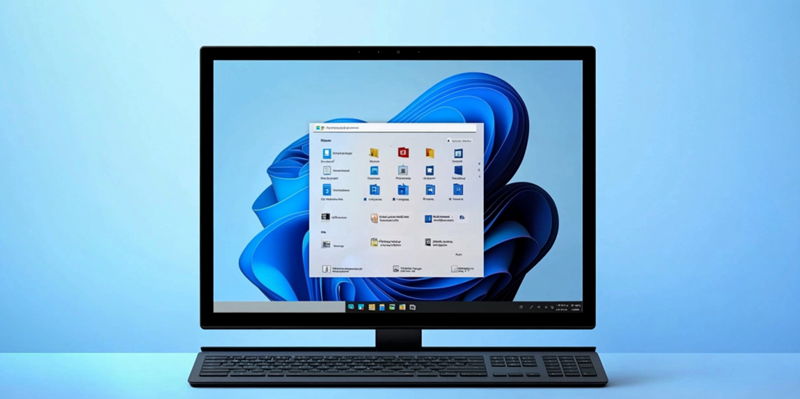The sophistication of cyberattacks has reached new heights with RomCom, a notorious threat actor, exploiting zero-day vulnerabilities in both Firefox and Windows to deploy their RomCom RAT malware. These vulnerabilities, identified as CVE-2024-9680 and CVE-2024-49039, have facilitated a series of high-severity attacks that leveraged minimal user interaction to achieve significant security breaches. CVE-2024-9680, a high-severity use-after-free flaw in Firefox, was patched in October 2024, while CVE-2024-49039, a privilege escalation issue in Windows Task Scheduler, received its patch in November 2024. Despite these patches, the initial exploitation by RomCom underscores the persistent risks associated with unpatched software.
RomCom’s attacks are particularly notable for their elaborate use of these vulnerabilities. By directing unsuspecting users to a rigged website, economistjournal[.]cloud, they were able to redirect traffic to a malicious server, redjournal[.]cloud. This server then executed shellcode that installed the RomCom RAT malware on victim systems. The chain reaction, starting with the exploitation of CVE-2024-9680, allowed the malware to escape Firefox’s sandbox. Following this, CVE-2024-49039 was employed through Windows Task Scheduler to gain elevated privileges, significantly expanding the scope and impact of the breach. This method of attack demonstrates how combining multiple vulnerabilities can create a powerful and stealthy intrusion mechanism.
RomCom’s Historical and Current Tactics
RomCom’s expertise in cybercrime and espionage is evident through their sophisticated attack methodologies and the minimal need for user interaction. Historically, RomCom has demonstrated a tendency to exploit zero-day vulnerabilities effectively. Their use of CVE-2024-9680 and CVE-2024-49039 is just the latest in a series of strategic cyber assaults designed to maximize the malware’s propagation. Most victims detected were located in Europe and North America, a testament to the widespread impact of their operations. The capability to exploit such vulnerabilities effectively means large-scale breaches and significant damage.
The discovery of the Windows vulnerability, CVE-2024-49039, by both ESET and Google’s Threat Analysis Group (TAG), indicates that its exploit potential was recognized by multiple cybersecurity entities. This broad awareness suggests RomCom’s exploitation of the flaw could be part of an even wider, more concerning landscape. Their previous ventures into zero-day vulnerabilities, such as the Microsoft Word flaw CVE-2023-36884 used in 2023, indicate a continuous evolution in their attack strategies. The sophistication of these campaigns underlines the necessity for robust cybersecurity measures and vigilantly updated defensive systems.
Implications and Preventive Measures
Cyberattacks have become increasingly sophisticated, exemplified by RomCom exploiting zero-day vulnerabilities in Firefox and Windows to spread their RomCom RAT malware. These vulnerabilities, labeled CVE-2024-9680 and CVE-2024-49039, have led to severe attacks with minimal user involvement. CVE-2024-9680 is a use-after-free flaw in Firefox patched in October 2024, while CVE-2024-49039 is a privilege escalation issue in Windows Task Scheduler patched in November 2024. Despite these updates, RomCom’s initial success highlights the ongoing dangers of unpatched software.
RomCom’s attacks stand out due to their strategic exploitation of these flaws. By luring users to a compromised website, economistjournal[.]cloud, they redirected traffic to a malicious server, redjournal[.]cloud. This server executed shellcode to install RomCom RAT malware. The exploitation began with CVE-2024-9680, allowing the malware to bypass Firefox’s security. Then, CVE-2024-49039 was utilized via Windows Task Scheduler to gain higher privileges, increasing the breach’s scope and impact. This attack method shows how combining multiple vulnerabilities can result in a powerful, stealthy intrusion.

